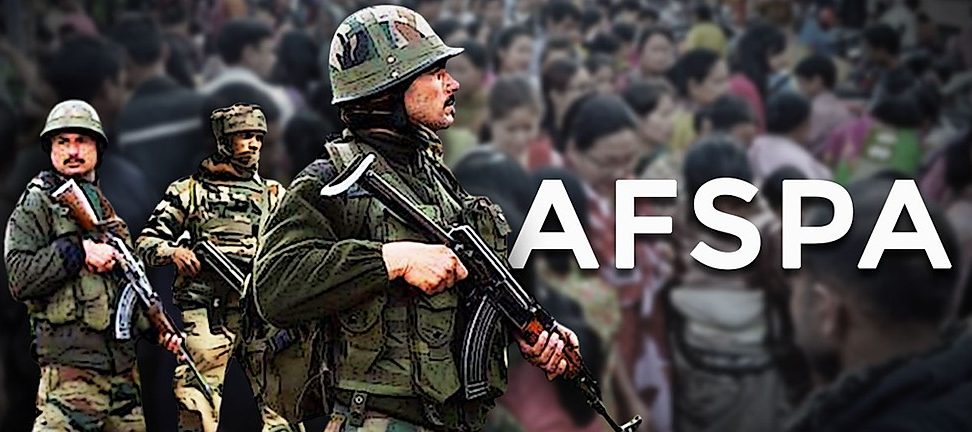
Repealing The Armed Forces Special Powers Act (AFSPA)1958 In The NE: Is This The Right Time?

On September 11, 1958, a law (Armed Forces Special Powers Act) was enacted to deal with the ongoing disturbed situation in the Naga Hills, which were then part of Assam. As the violence spread spatially to the other parts of the Northeast, this law was expanded to the other Seven Sister States in India’s Northeast during the next several decades, one by one. When India faced an internal and proxy war in Punjab, this law was extended in 1983 and applied to Punjab and Chandigarh. Later when the situation improved, this law was repealed in 1997,14 years after it was enacted in Punjab. When Jammu and Kashmir faced a proxy war in 1990, this law was extended to deal with the situation there. On October 01, 2022, the Central government extended the Armed Forces Special Powers Act (AFSPA) in three districts of Arunachal Pradesh and nine districts of Nagaland for six months, till March 01, 2023.
Over the past three decades, mainstream tribal societies of the Northeast and its youth have in itself undergone enormous transformation, and today’s educated youth identifies with the idea of India. They are increasingly looking both at the economic and political advantages of being part of the more extensive federal democratic system of India. Unfortunately, concerns about the vast number of weapons held by the insurgents’ increased militarisation and brutalisation of its society, fuelled by six decades of continuous armed conflict and the continued imposition of the Armed Forces Special Powers Act (AFSPA), need to be addressed and rectified immediately before any normalcy can be thought of.
Post the inclusion of India’s Northeast region in the government’s Act East Policy (AEP) in 2014, it is axiomatic that the peace, future development, success and stability of the Northeast will play an essential role in India’s drive for its AEP.
Several ongoing projects like the India-Myanmar-Thailand Trilateral Highway, which will connect India’s Manipur state with Thailand via Myanmar, and the Kaladan Multi-Modal Transit Transport project, which will connect Kolkata to Mizoram via Myanmar, seek to make the Northeast a gateway for Southeast Asia. However, the success of such undertakings will largely depend on the prevailing peace and stability of the region, including India’s Northeast.
The AFSPA Conundrum
The December 04 2001, unfortunate deaths of civilians by a special force unit of the Indian Army in the Mon district of Nagaland is a reminder that continuous military operations do not bring permanent stability and peace to the region. Instead, these recent incidents and the connected Act, the AFSPA 1958, further reinforced the affected society’s insecurity and distrust towards India’s armed forces.
Immediately after this incident, the Chief Ministers of Nagaland, Manipur and Meghalaya took up the demand to repeal the AFSPA in their respective states. Repealing the AFSPA they thought would politically be an essential step towards rebuilding popular trust towards the government of India and stability in the region, which is necessary to boost and support India’s AEP projects. In an unprecedented act, the Nagaland State Assembly condemned the Mon incident and unanimously passed a resolution to repeal AFSPA from the Northeast.
Paradox of Proximity
Apart from geographical proximity to the regions targeted by India’s Act East Policy, most of the tribes that inhabit the Northeast are culturally, ethnically, socially, and linguistically closer to Southeast Asian countries like Myanmar, Thailand and Vietnam than to the rest of mainland India. For instance, most North Eastern tribes that populate the border states of Arunachal, Nagaland, Manipur and Mizoram, and to some extent, Meghalaya and Assam derive their antecedents from the Sagaing and Kachin regions of Myanmar.
Linguistically, the Tai language, spoken in mainland Southeast Asian countries like Myanmar, Thailand, Laos, and Vietnam, is also spoken by the indigenous Tai people residing in parts of Assam, Arunachal Pradesh, and Meghalaya. While this multifaceted proximity is undoubtedly the basis for India’s AEP, much of the development has been primarily strategic, and the local populations have been left out. This is probably due to the ongoing continuous conflict in the region.
The insurgent groups have leveraged this proximity by locating their bases and making alliances with local insurgent groups in the neighbouring countries of Myanmar and Bangladesh. While the presence of Indian insurgent groups in Bangladesh is not much of a concern today, especially with the Sheikh Hasina government in power in Bangladesh, their bases in Myanmar are tacitly supported by the local military government, and local and regional and regional insurgent groups are worrying. Even after the imposition of the AFSPA for more than six decades and the engagement of most insurgent groups in peace talks with the Indian government,the security threat from active insurgent groups based out of Myanmar continues to be a reality.
Legitimising the Insurgent Group’s Flawed Narrative
Incidents like the Mon district mistaken identity deaths of local civilians tend to inflame passions and local sentiment further. This makes the insurgent groups and their flawed narrative stronger and legitimises their continued extortion and recruitment of cadres. During such times of insecurity, the local population is forced to turn towards these insurgent groups for their security. A case in point was the immediate call by both the NSCN (IM) and the NSCN (Khango) for Naga unity,where they further invoked the spirit of their Naga brother’s “oneness and nationalism.” This call targeted the Konyak people of Tuensang and Mon Districts and accelerated the recruitment of local cadres and illegal extortion in the region during the months following the incident.
The Legal Stand on AFSPA
The Armed Forces Special Powers Act (AFSPA) was enacted by the Parliament of India and confers certain special powers on members of the Armed Forces (military forces, air forces operating on the ground as land forces and any other armed forces of the Union (CRPF, BSF, ITBP etc.) for carrying out proactive operations against the insurgents in a highly hostile environment. AFSPA comes into effect only in Disturbed Areas, and the power to declare an area as Disturbed Area is vested with the Central and State Governments.
The essence of the critical sections of AFSPA is as under:-
- Section 3. It lays down the authority that can declare areas to be disturbed. These authorities are the Central and the State Governments.
- Section 4. It gives the Army powers to search premises and arrest without warrant, to use force even to the extent of causing death, to destroy arms/ammunition dumps, fortifications/shelters/hideouts and to stop, search and seize any vehicle.
- Section 6. It stipulates that arrested persons and seized property be handed over to the Police with the least possible delay.
- Section 7. It offers protection of persons acting in good faith in their official capacity. The prosecution is permitted only after sanction of the Central Government.
An examination of the various powers available to the Police Authorities under the provisions of the CrPC vis-a-vis those available to Armed Forces under AFSPA would reveal that the Police still enjoy more sweeping legal powers relating to arrest, search, seizure, summoning of witnesses, preventive detention etc. than the powers enjoyed by the Armed Forces as a result of this legislation.
The Act, in general, and Sections 3, 4 & 6, came up for scrutiny before a Constitution Bench of the Apex Court in a case titled ‘Naga People’s Movement of Human Rights Vs UOI’. The five-judge Constitution Bench dealt with the challenge to the legality of the deployment of the Armed Forces in aid to civil power. The Apex Court considered and opined that the conferring of powers vide Section 4 of AFSPA could not be held arbitrary or violative of Articles 14, 19 or 21 of the Constitution. The Court unambiguously ruled that AFSPA cannot be regarded as a colourable legislation or a fraud on the Constitution.
The Indian Army’s Viewpoint
The relative peace prevailing in any area cannot be the only criterion for removing AFSPA. The following aspects also need to be factored in and a comprehensive assessment made before any dilution/removal of AFSPA:-
- Current Situation. While there may be a comparative decline in terrorist violence, all the larger insurgent groups in the region, like the NSCN (IM), the NSCN (Khango), and the NSCN (Khitovi), retain sizeable weapons, ammunition and cadres in proxy camps in Myanmar. There is also no change in the ideology and capability of these groups and they continue to aid, support and fan disaffected peoples movements in the region. Further they continue to indulge in the smuggling of illegal narcotics, illegal weapons and banned substances. Since their basic ideology, capability and strengths remain unchanged, removing any enabling legislation like AFSPA is not recommended.
- The Emergence of Sanctuaries. Lifting AFSPA from certain areas may result in these insurgents seeking shelter in such regions and rebuilding their bases in the hinterland. Eviction of terrorists from such built-up areas sanitised after immense sacrifices by the army and police forces would result in more significant civilian causalities and damage to civilian property subsequently when and if military operations were to restart.
- Military Installations and Lines of Communication. Many important Army garrisons / strategic assets are deployed over population centres and along the Indo-Myanmar international border. Many of these installations are in insurgency-prone areas. It is felt that the ability of the Army personnel to protect themselves and their installations in these areas will be adversely affected without this enabling legislation.
- Intelligence Bases. De-notification of AFSPA will render the painstakingly established intelligence bases untenable. This loss will also affect the effectiveness of intelligence sources that have assisted the armed forces in the past and are essential in the future to help revert the situation to near normalcy.
- Legal Aspects. Any reaction to terrorist action in Non-AFSPA areas would draw the Army into protracted legal battles on every incident.
- Restoration of AFSPA. Even if the situation worsens in areas where AFSPA has been revoked, it is unlikely that the political decision to reimpose this law can be taken quickly and in the time frame required. A delayed decision to re-invoke the Act and allow the Army to operate will result in immense loss of lives and infrastructure.
The Road Ahead
AFSPA must be repealed in non-disturbed areas with great care and thought.. It is likely that without these powers, commanding officers and young company commanders tasked to bring peace in these disturbed areas will follow a wait-and-watch approach rather than actively pursue hardcore terrorists, since any proactive operation could increase their risk being embroiled in long-drawn litigation based on false allegations.
On its part, the Army units operating in the area must make it mandatory for its troops to take police personnel and village elders along for operations which involve the search of civilian homes and the seizure of private property. Innovative measures must overcome the practical problems in ensuring transparency in counter- insurgency operations.
The Army hierarchy also must be completely transparent in investigating allegations of human rights violations and bringing the violators to speedy justice. Exemplary punishment must be meted out where the charges are proved.
Conclusion
The Indian economy and its growth have proved to be a magnet of opportunities for the younger generation in the Northeast. The essential attraction for joining the underground groups has reduced immensely, and this will further die down with the extension of good and effective governance and improvement of basic amenities like good roads, internet, good educational institutions, innovative technologies and industries that would result in sustained job opportunities and not just exploitation of the local labour or mineral/forest resources.
Removing the AFPSA should not mean compromising national security. It is essential that regardless of a political solution, we must find a way to re-assign and convince the approximately 5000-plus armed cadre of the various insurgent groups that dot the Northeast to give up their weapons and accept a transition to normal life instead. This will remove the armed cadre and the weapons from the hands of the leadership and will hopefully result in an ‘acceptable lasting political solution’.
It also is clear that the threat from China to India is real and has affected and altered the external and internal security environment of the North East. This threat, coupled with China’s use of cyber-warfare, increased cross-border terrorism, the emergence of non-state actors, the growth of Islamic fundamentalism, the narcotics-arms nexus, illegal migration and left-wing extremism, adversely impact the security of our already fragile North East.
Permanent peace in this region is necessary and cannot be delayed further.
Disclaimer
The opinions expressed in this article are the author’s own and do not reflect the views of Chanakya Forum. All information provided in this article including timeliness, completeness, accuracy, suitability or validity of information referenced therein, is the sole responsibility of the author. www.chanakyaforum.com does not assume any responsibility for the same.
Chanakya Forum is now on . Click here to join our channel (@ChanakyaForum) and stay updated with the latest headlines and articles.
Important
We work round the clock to bring you the finest articles and updates from around the world. There is a team that works tirelessly to ensure that you have a seamless reading experience. But all this costs money. Please support us so that we keep doing what we do best. Happy Reading
Support Us



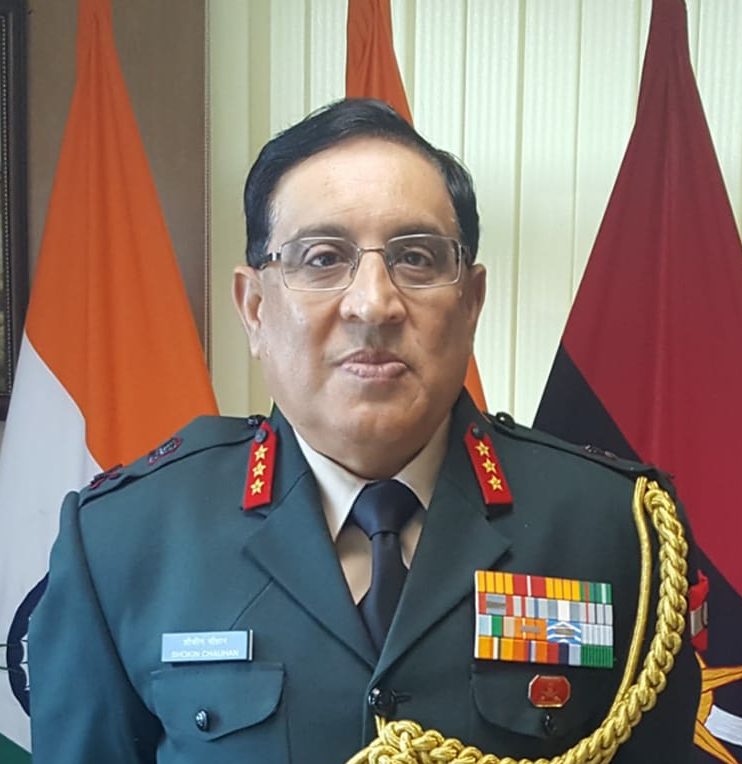

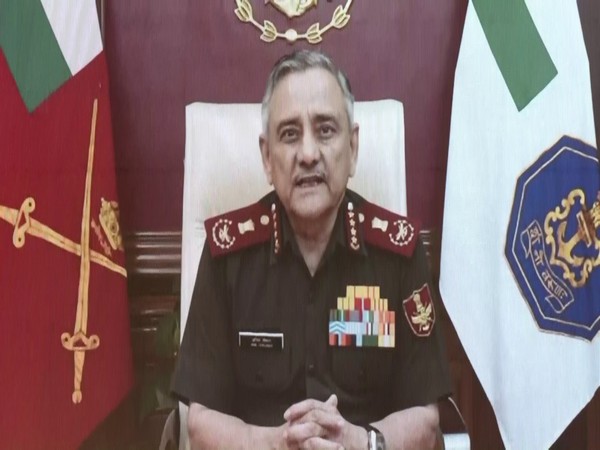
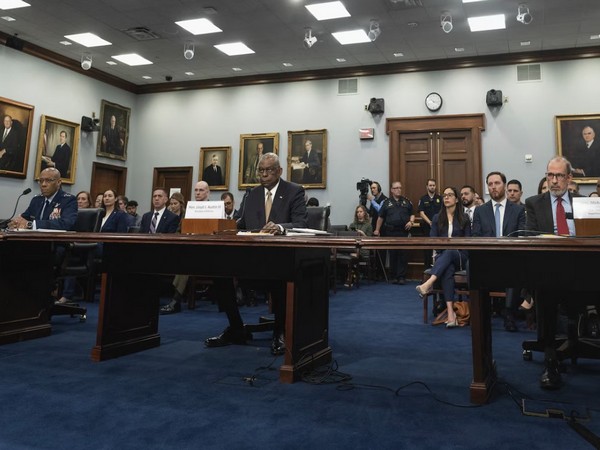
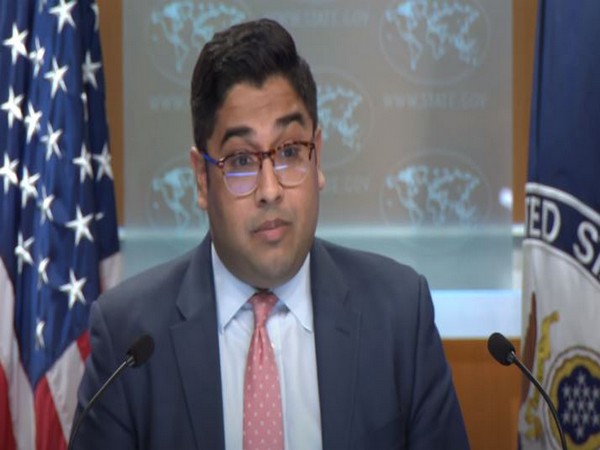
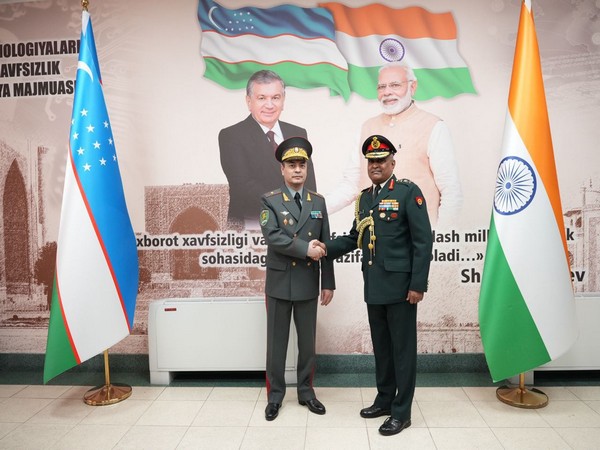
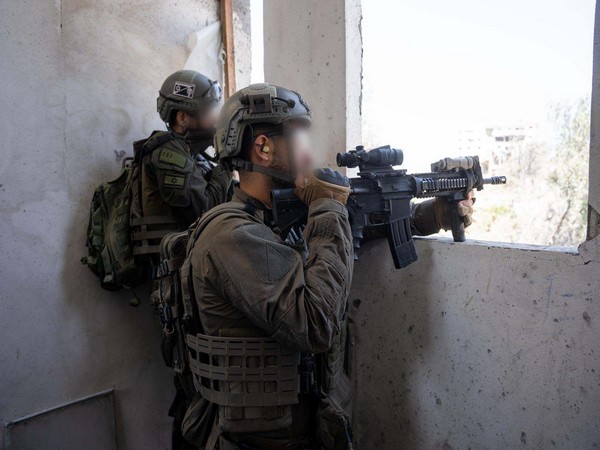
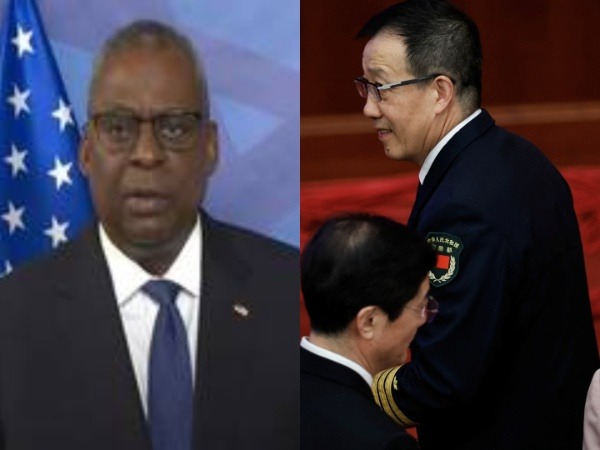
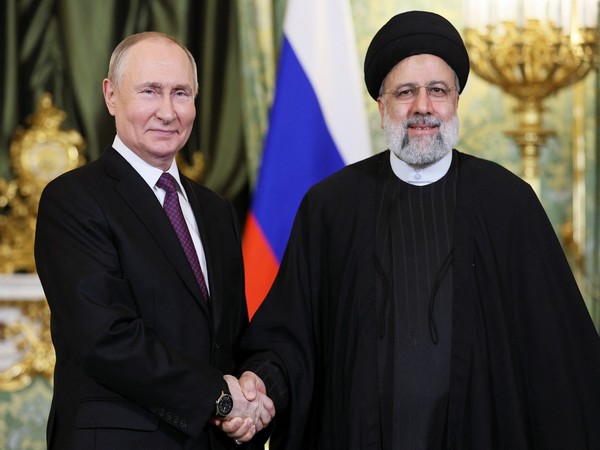
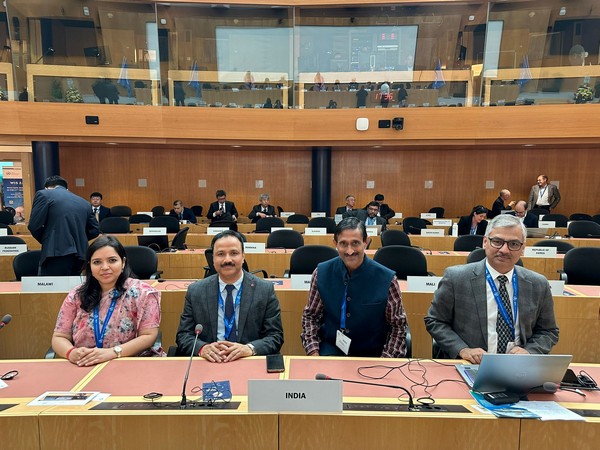
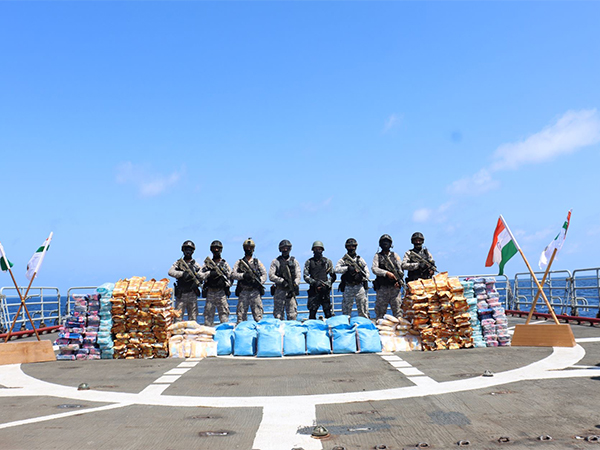
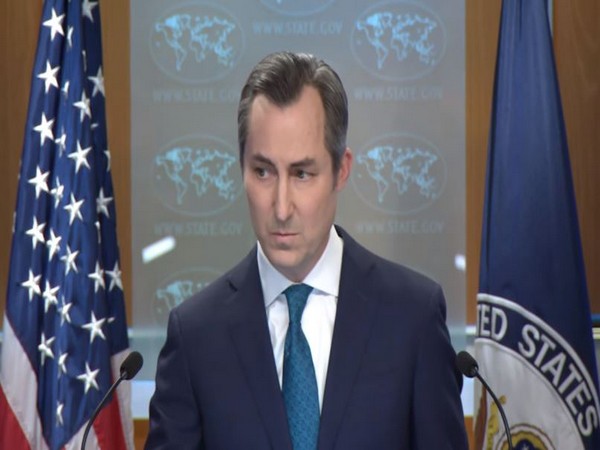






POST COMMENTS (0)